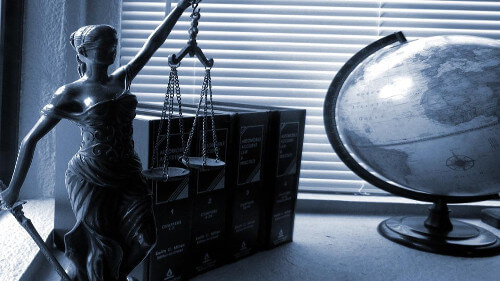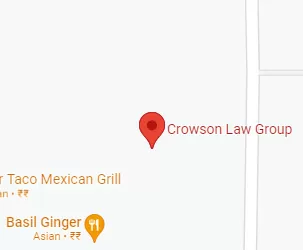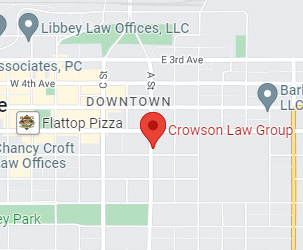Your Motorcycle Accident Checklist

Motorcycles and bicycle riders, who are involved in traffic accidents, face unique challenges when it comes to resolving an insurance claim or lawsuit. This article will provide a few tips with regards to how a motorcycle or bicycle rider may be able to get the compensation he or she deserves.
Motorcycle and bicycle riders involved in traffic accidents have unique challenges when it comes to resolving their insurance claim or lawsuit. It is said that the general public tend to consider people riding two-wheeled vehicles as ‘second-class road citizens’, resulting in negative perceptions and assumptions that all motorcyclists are wild and reckless and all bicyclists are eccentric and careless. This attitude therefore, if involved in an accident, does not necessarily help your case. However, there are a number of factors that can be used as a checklist to help the injured person’s case in order to prove fault and receive the compensation he or she deserves. Some of these factors include the following:
-
- Formal training – if you have completed a bicycle or motorcycle driving or safety course, it is important that you let the insurance adjuster know this and provide him or her with a copy of your certificate.
-
- How regular do you ride? – if you are a regular rider, for example, you commute to and from work or school using a motorcycle or bicycle, it is important that you let the adjuster know that fact. In addition, you can put down the number of miles per day, week or month that you cover. If you frequently ride long distances for pleasure, it is advisable to note this as well.
-
- How long have you been riding? – The length of time that you have been riding or driving a motorcycle or bicycle, as an adult, is of the utmost importance. In addition, it is important to mention the length of time that you spend on the particular path or route that you were riding on at the time of your accident. This provides information of your familiarity with the route.
-
- Type of riding – if you were injured on a city street, the question posed is: how frequent do you ride on such streets? Is it your daily route to and from work? Or are you accustomed to weekend rides in the country? If you were injured during commute traffic hours, your being familiar with riding during those hours is extremely important. The same is true if you were injured while riding on a highway; your significant experience in highway riding should be mentioned. Further, it is important to note if the weather was a factor in the accident. In the event that it was or had been raining, it is necessary to mention your experience in riding in wet conditions.
- Protective clothing – if you were on a motorcycle, it is important to point out any protective clothing you were wearing at the time of the accident. This shows that you were cautious and responsible and that, despite your injuries, you were wearing a helmet and protective clothing.
For legal advice and representation with respect to a motorcycle accident, contact motorcycle accident lawyer Wasilla.


